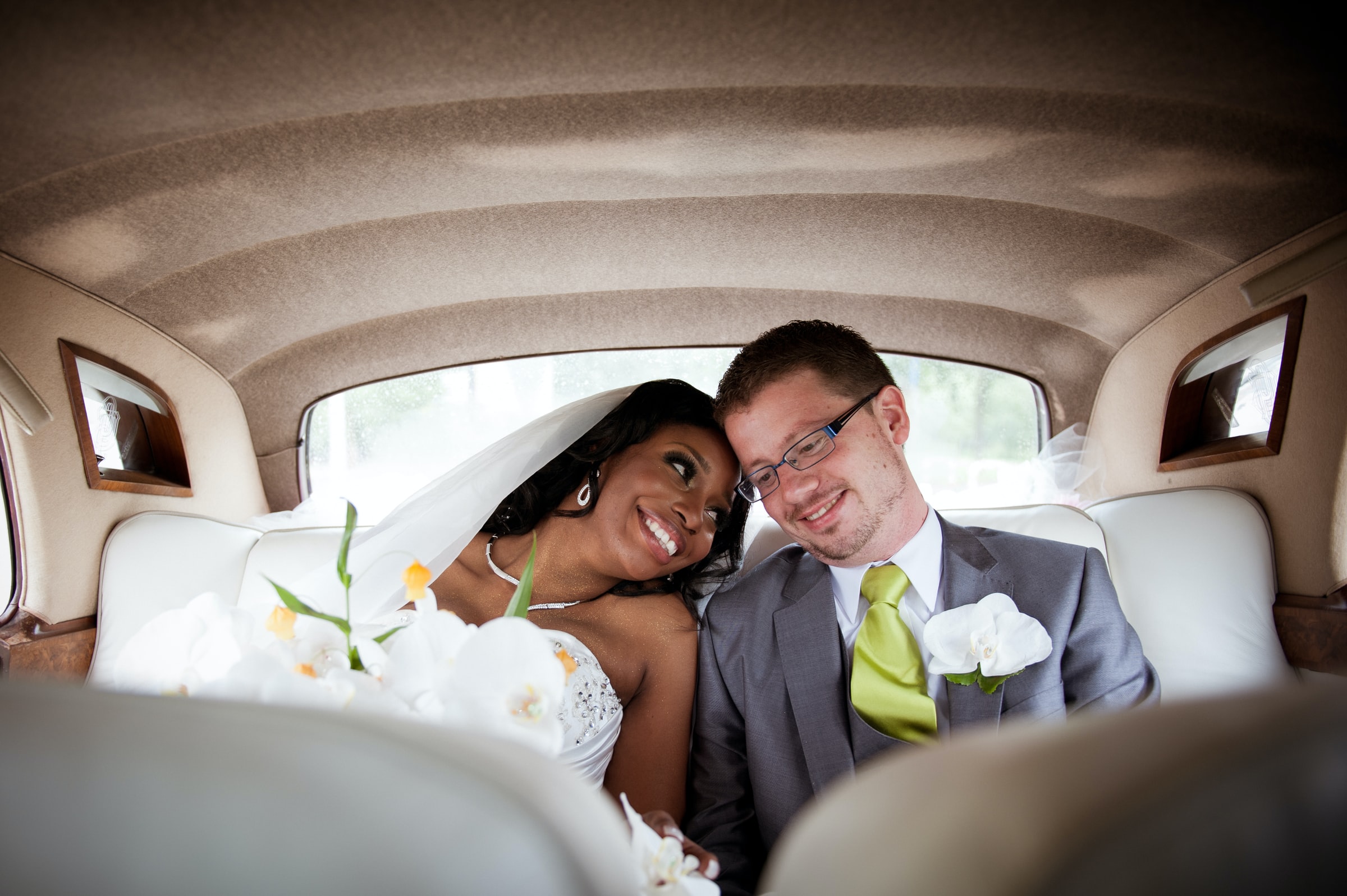

Ph.D. candidate Jennifer Adkins discusses identity, racism issues, and trust in interracial relationships. Read a Q&A where Adkins explains her data, processes, and challenges of her research thus far.
This article was originally published in Think Sociology!’s September issue.
UBC Sociology PhD candidate Jennifer Adkins

What are you studying?
I am looking at how Black/White interracial couples better understand their identity, deal with and talk about race and racism, help their children with sorting out their racial identity, and establish racialized trust between one another.
What type of data are you using?
I use primary qualitative data, which means that my data collection is done specifically for this research. I originally started conducting face-to-face, open-ended interviews but now, during the pandemic, I contact participants through Zoom. Last year I was in Toronto for about 4 months collecting data and I am currently conducting interviews in Vancouver.
What are some of your most important findings so far?
My findings have been very interesting. It seems logical that most people engaging in interracial relationships would come from liberal-minded, urban families, but my data shows otherwise. Many of the White participants come from rural backgrounds, small towns, or homogenously white neighbourhoods where they grew up hearing many derogatory messages about people of colour. I am also noticing that White moms, in particular, become strong public advocates against racism after becoming more aware of it while witnessing racist acts and the results of systemic racism impacting their partners and children. One last finding is that these couples often feel excluded from their own racialized communities and seek alliances with people who accept, support, and understand their distinctive relationships and families.
What has been the best part of doing this study?
The best part of this study has been meeting extraordinary people who are willing to vulnerably open up their lives and share their stories with me. It has also been remarkable to hear how divisive walls and divisions are being broken down through their relationships. I have the opportunity of witnessing how these couples and families challenge racial stereotypes, biases, and racist discourses that they encountered through their lives.
What have been some of the challenges?
The most challenging part of my research is locating participants in Black/White interracial relationships who are willing to trust and have deep conversations with me. When I finally find them, we initially connect through informal conversation. They often want to know what led me to this research, what approach I am taking, and what I plan to do with the information. They soon become more comfortable with my intentions and excited to open up and speak freely about encounters that they may not have had the opportunity to talk about with others.
What are your next steps?
I have been asked by many of my participants to bring Black/White interracial couples together to create a community where they could share their experiences and provide guidance and support as they navigate their relationships. If it is ethically possible, I hope to assist in fostering these meetings. As far as continued research goes, I hope to interview Black/White interracial couples in the US and the UK to compare and contrast how the historical, political, and societal characteristics of each location impact these particular exogamous relationships.


